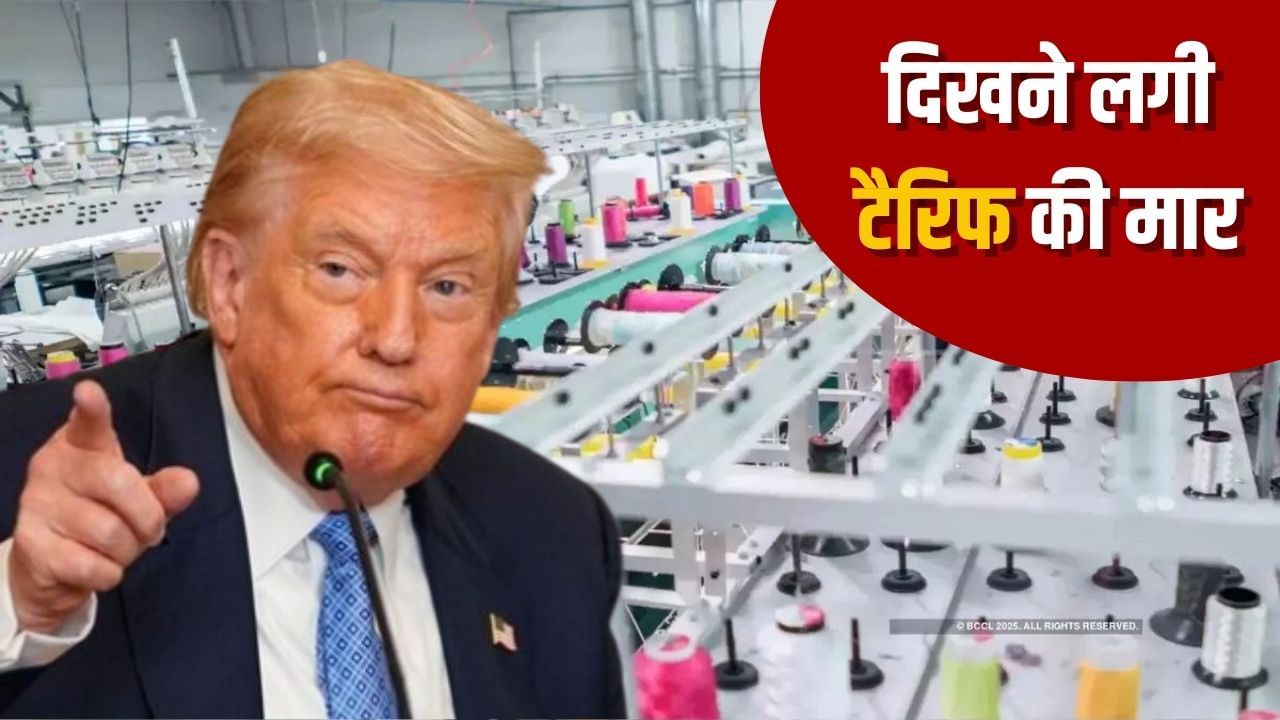Many textile factories claim to be closed
Difficulties have increased in the country’s major textile industry centers Noida, Surat and Tirupur. After the US President Donald Trump imposed an additional 25 per cent tariff on Indian goods, there has been a huge pressure on this sector. Overall, now up to 50 percent tariff has been done, due to which Indian clothes have become expensive and it has become very difficult to compete in the international market. Due to this, many factories have been forced to completely stop functioning.
Indian textile sector left behind
The Federation of Indian Export Organization (FIEO), an organization of Indian exporters, has clearly stated that many industries such as cloth, leather, ceramics, chemical, handcraft and carpets are in crisis due to increase in American tariffs. FIEO President S.C. According to Ralhan, many textile and apel manufacturers in Noida, Surat and Tirupur have stopped production due to rising costs. He says that the competition of this sector has now become very weak from low -cost countries like Vietnam and Bangladesh. In such a situation, India’s export sector is lagging behind, due to which the jobs of millions of people are in danger.
Crisis on seafood export
Increasing tariffs have affected not only the textile industry, but also on shrimp exports like marine products. The US market takes about 40 percent of India’s seafood exports. According to FIEO, lack of storage due to tariffs, interruptions in supply chains and farmers’ difficulties may increase. This will not only harm exporters, but will also have a profound impact to farmers and small businesses. Therefore, FIEO has appealed to the government to take quick steps.
Demand for financial relief from government
FIEO has urged the government to immediately provide export credit support and arrange to lend at a low interest rate, so that the Micro, Small and Medium Enterprises (MSME) sector can get relief. Rakesh Mehra, chairman of the Confederation of Indian Textile Industry (CITI), has also demanded assistance from the government. He has said that this crisis is not only a problem of exporters, but also the employment of millions of people and the export target of $ 100 billion by 2030. The CITI has also demanded the government for the original amount of borrowed for one year and Moratorium (adjournment) on interest payments, so that industries can get time and they can handle their steps.
Expect solution in Indo-US conversation
FIEO President S.C. Ralhan has said that India will have to talk to the US government and find a solution to this problem. This step is necessary so that exporters can be saved and India’s economic growth can gain momentum. There is a possibility of further deterioration of textile and other export industries due to lack of policy decisions and financial help without any delay.
